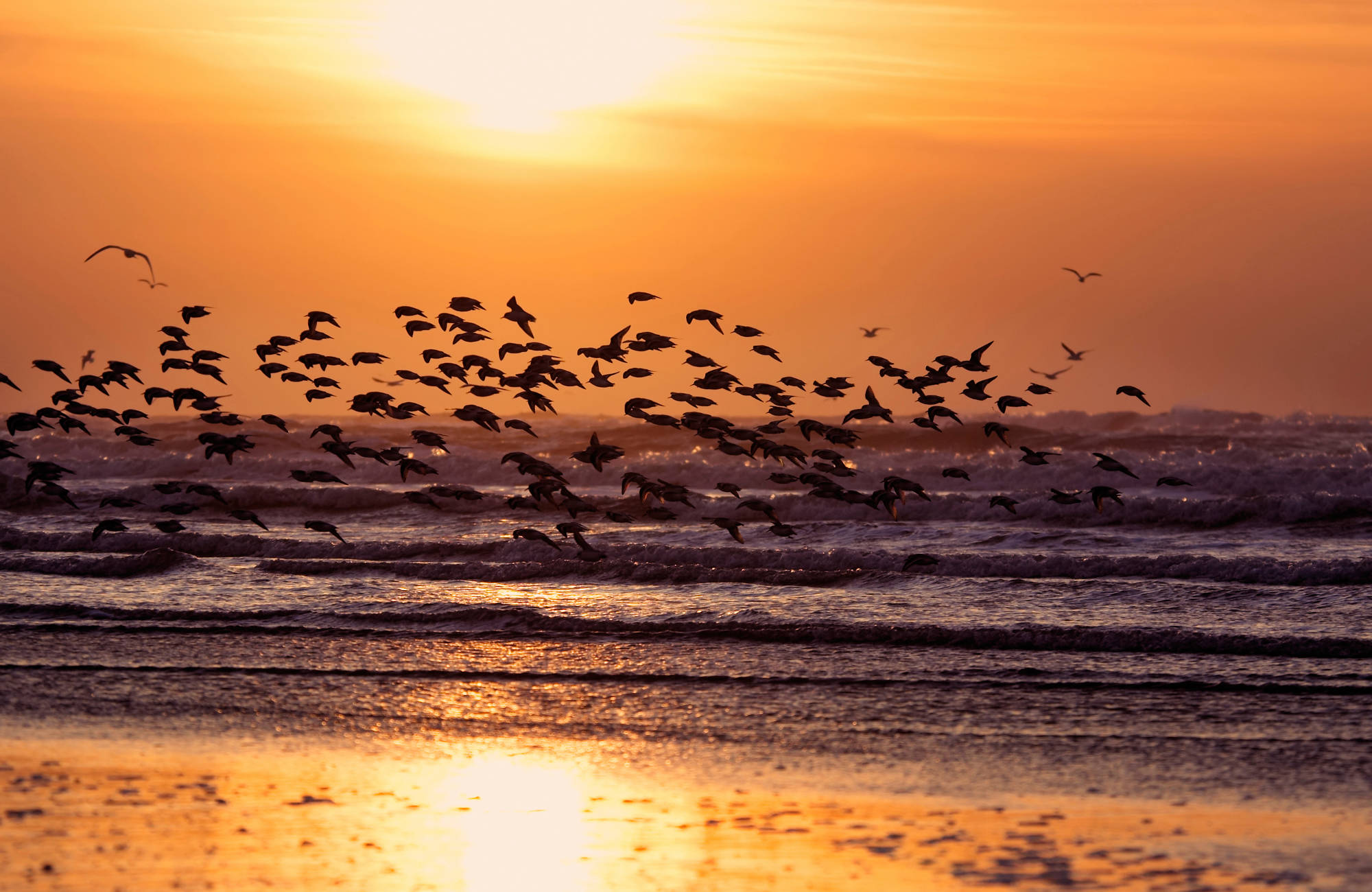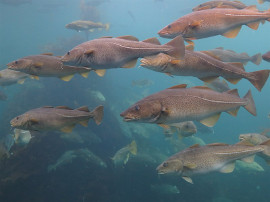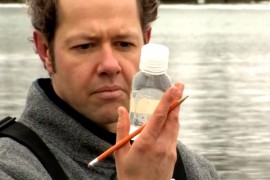Declining productivity of cod stocks
Productivity is a central determinant of population dynamics with consequences for population viability, resilience to exploitation, and extinction. In fish, the strength of a cohort is typically established during early life stages. Traditional approaches to measuring productivity do not allow for interannual variation in the maximum reproductive rate, a parameter governing population productivity. Allowing such process variation provides the ability to track dynamic changes instead of assuming a static productivity regime. Here we develop and evaluate a multivariate stock–recruitment state-space model to simultaneously estimate time-varying stock productivity and synchronicity of dynamics across populations.
Details




